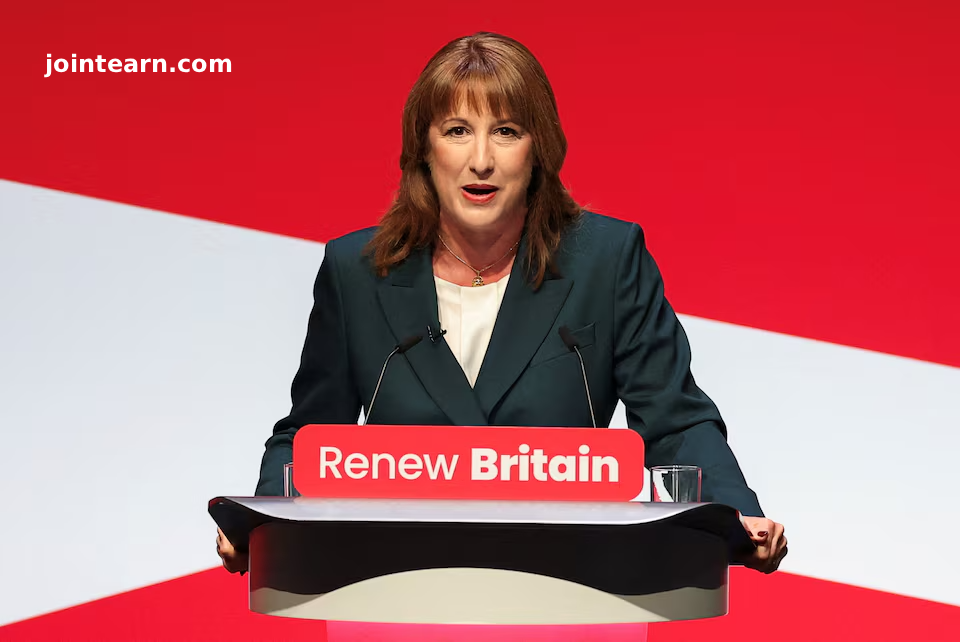
British Lawyers Condemn Proposed LLP Tax Increase Ahead of Budget
LONDON, October 23, 2025 — Leading figures in Britain’s legal profession have sharply criticized a reported government plan to increase taxes on Limited Liability Partnerships (LLPs) — a structure commonly used by lawyers, accountants, and family doctors — arguing the move would undermine the government’s stated goal of driving economic growth.
According to The Times, Chancellor of the Exchequer Rachel Reeves is considering a new levy on LLP members as part of her November 26 national budget, aimed at closing a projected £30 billion ($40.26 billion) spending gap. The proposed change would treat LLP members differently for tax purposes, potentially removing certain advantages currently afforded to self-employed partners.
Tax Proposal Could Impact Over 200,000 Professionals
A recent report by the Centre for the Analysis of Taxation (CAT) estimated that revising LLP tax treatment could affect nearly 200,000 professionals across the UK and generate around £1.9 billion in additional revenue.
At present, LLP partners are considered self-employed and therefore exempt from employer National Insurance contributions (NICs) — a classification that many experts say supports small business growth and professional flexibility.
However, the proposed tax shift could place these partnerships on par with corporations for tax purposes, effectively increasing costs for firms across the legal, accounting, and healthcare sectors.
Law Society: Proposal Threatens Economic Growth and Competitiveness
David McNeill, Director of Public Affairs at the Law Society of England and Wales, issued a strong rebuke of the rumored measure, calling it a “counterproductive step” that would penalize a profession vital to the UK’s economy.
“Law partnerships don’t get the same tax breaks for investment as other businesses but are now having to pay the same levels of tax,” McNeill said. “On top of that, law firms are facing the risk of new regulation costs and bureaucracy. This makes no logical sense as a joined-up growth strategy.”
The Law Society has repeatedly emphasized the legal sector’s contribution to UK exports and GDP, warning that additional tax burdens could discourage investment and talent retention, especially amid global competition from U.S. and European legal markets.
Tax Experts Warn of “Distortion and Unfairness”
While some policy analysts have argued for reviewing LLP taxation, others cautioned against selective application. Dan Neidle, founder of Tax Policy Associates, said that exempting certain professions such as family doctors — as The Times reported may be under consideration — would introduce new inequities into the tax system.
“That would be a serious error which would create unfairness and economic distortion, and open up avoidance opportunities,” Neidle wrote on his firm’s website.
He added that a consistent and transparent approach to tax reform would be essential to prevent loopholes and ensure the changes do not disproportionately harm small partnerships.
Political and Economic Implications
The debate comes as Labour’s Rachel Reeves faces mounting pressure to balance fiscal responsibility with pro-growth promises, a central theme of the new government’s economic agenda. Analysts suggest that while the LLP tax reform could help address short-term budget constraints, it risks damaging confidence among the UK’s professional services sector, one of the country’s largest exporters.
Economists note that law, accountancy, and medical partnerships form a crucial backbone of Britain’s high-value service economy. Any abrupt fiscal policy shift could trigger staff reductions, reduced investment, and increased operational costs across professional firms.
Outlook Ahead of the November Budget
The Competition and Markets Authority (CMA) and business groups are closely monitoring the situation ahead of the budget announcement. While no formal proposal has yet been confirmed, the widespread backlash signals that Reeves’ economic strategy may face political and professional resistance.
With the budget just weeks away, industry representatives are urging the Treasury to engage in consultation before implementing any major tax changes.
“If the government truly wants to boost productivity and innovation, it must support the very sectors that underpin those goals,” said one City law firm partner. “Taxing partnerships more heavily risks stifling the growth Reeves says she wants.”


Leave a Reply